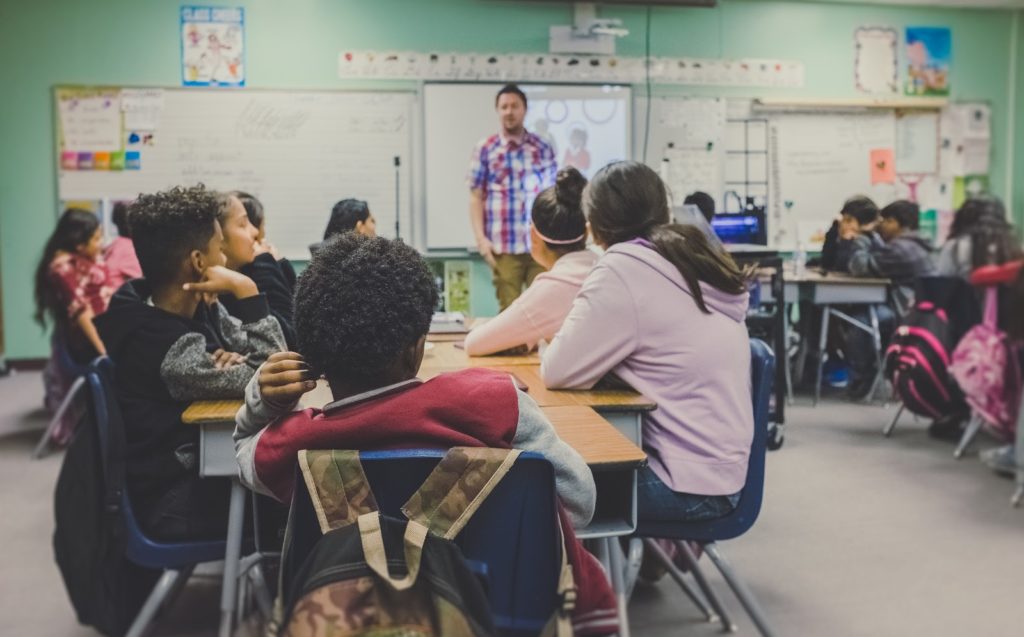Climate Education
Reports stress that climate literacy is the key to a greener future
March 22, 2021
This week, we’re calling attention to the recent news on climate literacy and the role it plays for climate resilience and green jobs. As the importance of climate literacy continues to increase, so has its presence across media outlets.
Environmental activists pushing for compulsory climate change education worldwide as part of Paris Agreement
An article by Fox Business shares President Joe Biden’s plan to rejoin the Paris Agreement. The article highlights climate literacy within the agreement and the campaign underway by EARTHDAY.ORG and climate activists.
President of EARTHDAY.ORG, Kathleen Rogers, also explains how climate literacy is the key to building a greener workforce and consumer movement that will help solve climate change. Rogers is hopeful that there will be an agreement on climate education at the United Nations climate change conference in Glasgow this November.
It’s time to step up climate education

An opinion piece by Sharan Burrow, the general secretary of the International Trade Union Confederation, and Kathleen Rogers, president of EARTHDAY.ORG, voices their support for compulsory, assessed climate and environmental education with a civic engagement component within school curriculums and raises awareness of EARTHDAY.ORG’s Climate and Environmental Literacy campaign.
“It is time that governments recognize their failures and support quality, compulsory climate education as a core,” the op-ed piece says.
Towards climate and environmental literacy in Arab countries
An opinion piece from Asharq Al-Awsat stresses the need for a larger scale of climate literacy in Arab schools’ curriculum. While environmental education has recently increased in Arab schools, its focus has been centered around smaller topics and neglects larger issues like climate change and food security.
Arab Forum for Environment and Development created a roadmap to help integrate climate literacy into Arab school and university curriculum. The goal of the initiative is to give students a better understanding of environmental concepts, which they can link to local economic, social and environmental issues.
“There will be no place in the new job market for climate and environmental illiterates,” Najib Saab, secretary general for the Arab Forum for Environment and Development, said.
South Africa must place climate crisis literacy at the centre of its education system
A piece in Daily Maverick highlights the climate crisis in South Africa, and how climate literacy is a necessary approach to fight climate change in the region.
South Africa is the continent’s leading producer of greenhouse gases. However, the country is not able to make the transition from fossil fuels to green energy due to increasing debt. This leaves non-monetary based transitions as the best option to help reduce the country’s carbon footprint. Climate literacy is such a non-monetary strategy to reach lower emissions.
Expanding environmental curriculum in schools will allow young people to gain knowledge about climate literacy and share information with their communities and families. The impacts of climate change are felt the most by vulnerable populations, so it is important to build climate-resilient communities through literacy.
Around the world, schools and teachers are working to implement climate education into their classrooms and curriculums to help tackle the climate crisis. At the same time, top-down commitments for formally mandated climate literacy are severely lacking.
Heightened ambition on climate literacy will play a key role in achieving net zero emissions and will provide the next generation with unique perspectives and solutions to environmental issues. Sign on to our Climate Literacy campaign and take action this Earth Day to be part of the call for a climate literate citizenry!
